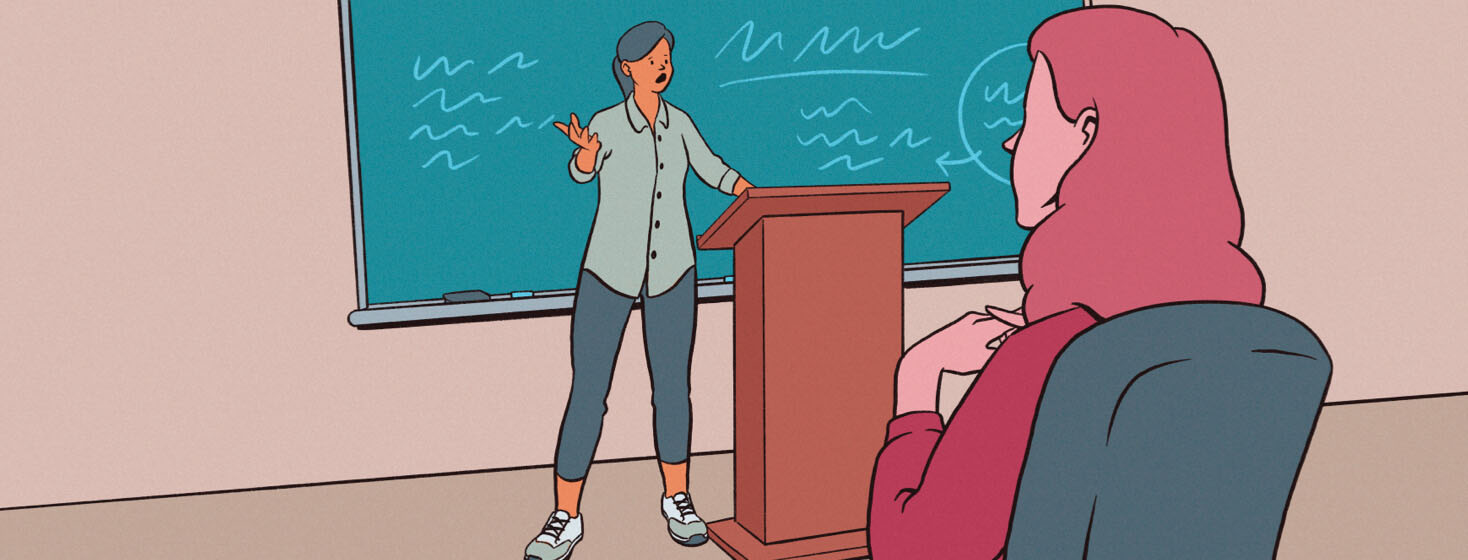Chronic Hives 101
How do you explain chronic hives to someone who has never heard of it? What pieces of information are important and how can you describe the disease so that someone else can truly understand? Whether you are explaining your condition to a new doctor or a family member, here are the top points I try to use to explain what it’s like to have chronic hives.
Because my chronic hives are caused by an autoimmune disorder, I will be explaining them from my perspective.
What are chronic hives?
The technical definition of chronic hives is hives that last longer than 6 weeks. This is in contrast to acute hives, which last less than six weeks.2 For autoimmune hives, they can present as either hives on the skin, swelling of mucous membranes, or a combination of both.3 My particular hives cause swelling of my face and throat, although I do get physical hives every once in a while.
For someone with autoimmune hives, facial and oral swelling can be slow to develop and last for days. Angioedema of the throat can be life-threatening and it's recommended that an epi-pen be prescribed.1,3 For me, it is really uncomfortable and painful, but I’ve never had trouble breathing because of it.
How are chronic hives treated?
Treating chronic hives looks different for every person, but there are a few basics. Antihistamines are almost always the first line of treatment. Hives are a result of mast cells releasing histamine, so it makes sense that antihistamines are part of the treatment plan.1-3
There are lots of different types, classes, and generations of antihistamines. Xolair is an injectable medication and one of the more popular treatments for hives. Unfortunately, it doesn’t work for everyone. Thankfully there are lots of different treatment options for chronic hives. You can read more about my personal treatment journey or brush up on step therapy for treating chronic hives.
How does it affect me?
There are so many ways that hives affect me. Itching is the number one problem I have. It can be unbearable at times. It causes me to lose sleep and takes an emotional toll as well. Hives can be a financial burden as well when you factor in medication, doctor appointments, and a good skincare routine. I can also get really self-conscious about how my hives look or how swollen my face is.
What kind of doctors treat hives?
I personally see an allergist/immunologist. I feel like he has a more comprehensive view of hives, as well as the toll it takes on my body as a whole. Dermatologists can also treat hives since it affects the skin. My PCP is involved in all of my care, so she communicates with my other providers, including my allergist. You can read up on my treatment team if you're interested.
Those are the basics that I cover when trying to explain chronic hives to someone else. There are so many different aspects of chronic hives that can be addressed, but I try to keep it simple when telling someone about it for the first time.
How do you explain your chronic hives to others? Let us know in the comments.

Join the conversation